Industrial serger – good idea?
Hello there, I am on the verge of buying a serger, with which I intend to make what I hope will come to be the majority of my clothes, and possibly sell a few pieces. Not actually start a business as such, but make things of professional quality – hopefully indestinguishable from the ‘real thing’.
I definitely want a good 5-thread, but I am wondering if a domestic machine will not produce the same standard of results as an industrial. I know industrials have a speed advantage – this is really of little concern to me though. Will there actually be a poorer finished garment if I go with a domestic machine?
Help would be much appreciated – thanks.


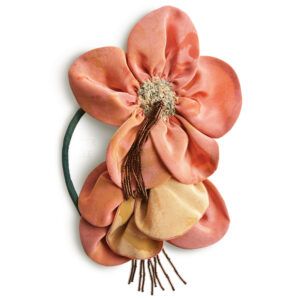
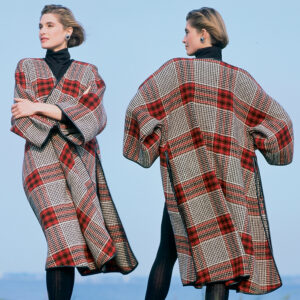
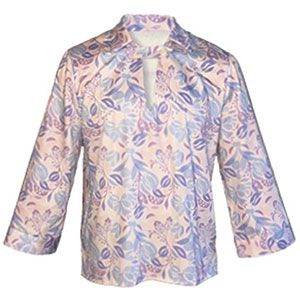
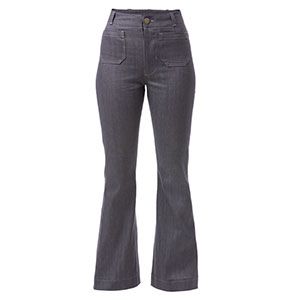
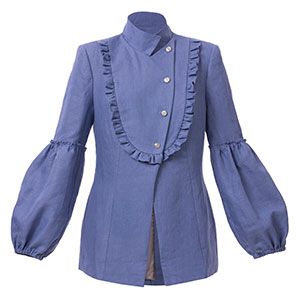
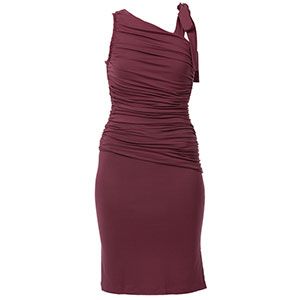
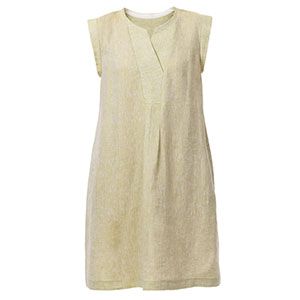
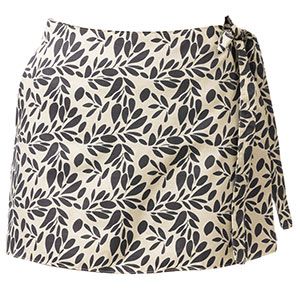
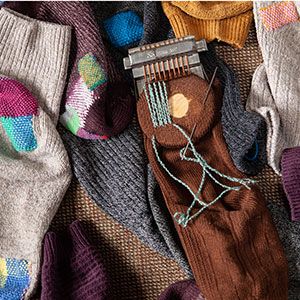
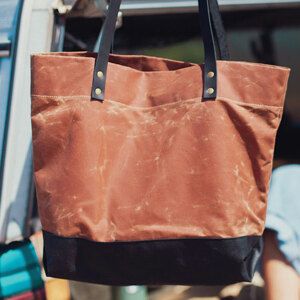
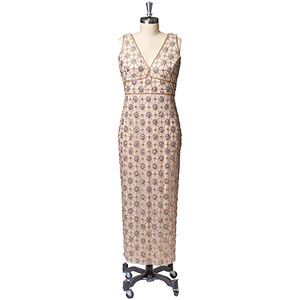
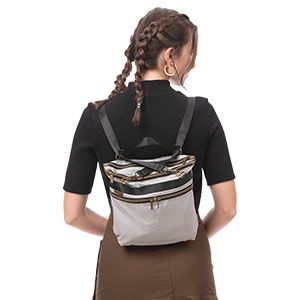
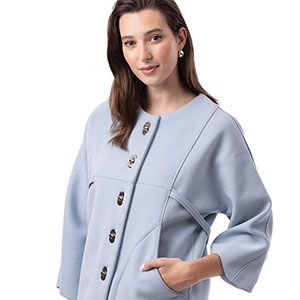
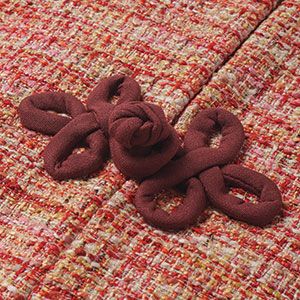








Replies
Would you actually get a poorer finished garment? No. You can quality stitches out of either as long as they produce quality stitches. An industrial machine may actually be less versatile.
will an industrial serger give you the versatility of the different stitches that a 'home' machine will give you? the cover stitch, a rolled hem, etc all within one machine, and with the ease that you can get it on a really good home serger? I've used an industrial serger at school, all it does is a 3 or 4 thread serge,and its a royal PITA to thread. I have an Elna 945 at home, it does lots and lots more for me, and the speed, well unless you are serging gazillions of straight lines all day long the speed is not really a factor, I generally want to go a bit slow when serging (I've caught the wrong part of the garment under the knife before!!!- sheepish grin-)
Judy
I totally agree with what the others have said. Speed isn't really the issue, as a home serger goes as fast as most sewers will need. Versatility is, for me anyway, the central issue....value for dollar spent. Here is where the domestic machine rules. Depending on the serger you buy, you will be able to select from a number of stitches, including cover stitch. This is absolutely not the case with an industrial, which is restricted to one type of stitch.
Serged for many years.
Have had two sergers. First one was very finicky. Haven't used this new 4-thread Bernina a lot, but I'm not sure if a five-thread is necessary. Sergers are great for reducing bulk in sewing machine-made garments.
Kind of a devil's advocate position here--Christine Jonson says that her industrial serger has a shorter presser foot which allows her much better control over precise serging, turning corners, etc. All the domestic machines I have seen have that long presser foot, presumably to keep us idiot users from serging our fingers or something. And the visibility isn't that great with the long presser foot obscuring exactly what's going on under the needle and knife.
I will note that I am very happy with my non-industrial serger, which has perfect stitch quality and some flexibility in changing presser feet, number of threads, and type of stitch, as the other posters noted. Do your homework to decide how many threads you will want to use, coverstitch capability needed or not, and so on, before making your decision.
Overlock machines of the home variety are notorious for stitch inconsisitency. That said they do offer options which are nice, 5 thread probably isn't really necessary. In over 10 years of sewing I haven't found any use for mine and I sew everything. A good 3/4 Juki is the best bet according to all the experts I know. Anytime I sew I want speed, so I bought a really great but old used Rimoldi overlock (industrial) and love the speed and beautiful consistent stitch.
I already have a 4 spool where I sew a lot of knits and sportswear fabrics. Then I thought I would purchase a 5 spool commercial to have more speed. I decided not to because when I talked to the serger salesperson he brought it to my attention that with a 5 spool, it is not suggested to sew knits because the 5th stitch creates a second straight seam, and this stitch/seam prevents knits from stretching i.e. the 5th stitch acts like a stay-stitch. I am still weighing my options but as it looks, by purchasing a 5 spool I would only gain speed.
Hope this helps.
This post is archived.